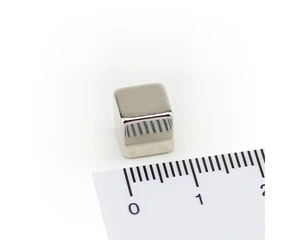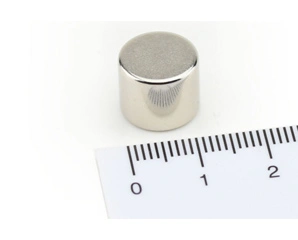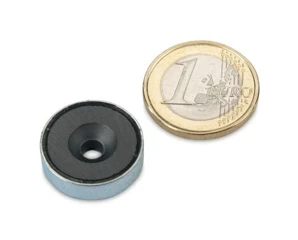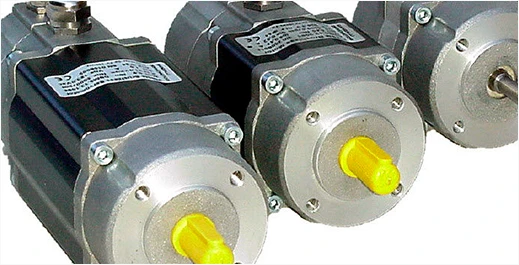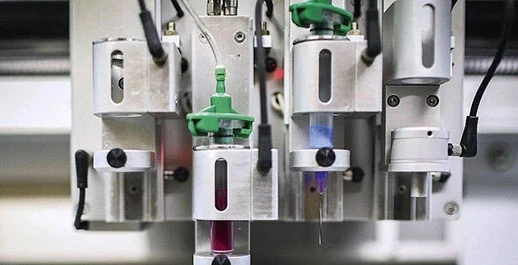Magnets are one of the common items in our daily life. They have a wide range of applications, including the industrial, manufacturing, and electronic products. Magnets can be divided into two categories, permanent magnets and non-permanent magnets. Permanent magnets can be natural magnetite or artificial magnets. Among all permanent magnets, the strongest is neodymium magnet. This type of magnet is known as the "king of magnets".
Neodymium magnets have been widely used in our industrial production and daily life due to their ultra-high magnetic properties and cost-effectiveness. For example, they have been widely used in computer hard drives, magnetic resonance imaging, electric cars, industrial permanent magnet motors, mobile phones, stereos, copiers, scanners, cameras, refrigerators, televisions, air conditioners, etc. How to choose neodymium magnets? What should be considered when choosing neodymium magnets? How to judge if neodymium magnets are good? These are some of the questions many people face. Today, neodymium magnet manufacturers will teach you some tips for purchasing neodymium boron powerful magnets.

Under normal circumstances, temperature decrease has little effect on the performance of magnets, but they are very sensitive to temperature increase. Each type of magnet has its maximum temperature tolerance, and neodymium magnets are no exception. If its working environment temperature exceeds this temperature, neodymium boron may demagnetize and reduce its performance. Therefore, when purchasing neodymium magnets, it is best to ensure that their working environment temperature is not higher than their tolerance temperature.
The corrosion resistance of neodymium magnets is poor, so electroplating is usually required to prevent corrosion. What are the common coatings for neodymium magnets? The coatings for neodymium magnets usually include nickel, copper, chromium, gold, black zinc, blue and white zinc, epoxy resin, etc. Depending on the coating, the color of the magnet surface will be different, the corrosion resistance will be different, and the service life will be different. Therefore, when purchasing magnets, different coatings can be chosen according to the working environment of the magnets. If the working environment of neodymium magnets is harsh, more corrosion-resistant coatings such as polymer materials and epoxy resin can be chosen; vice versa.
The actual shape of neodymium permanent magnets used varies, such as disks, cylinders, cylinders (with inner holes), squares, rectangulars, tiles, sectors, trapezoids, polygons, and a variety of irregular shapes, etc. Each neodymium permanent magnet shape has different sizes, so it is difficult to form at one time in the production process.
Qualifying neodymium magnets not only need to meet performance standards but also need to have acceptable size tolerances. If the magnets you purchase are used in precision instruments, you need to be particularly careful. The size tolerance of neodymium magnets used in precision instruments is relatively strict. Otherwise, if the size is too large, it cannot be placed in the equipment.

